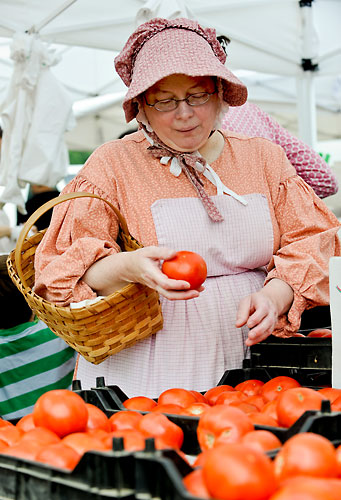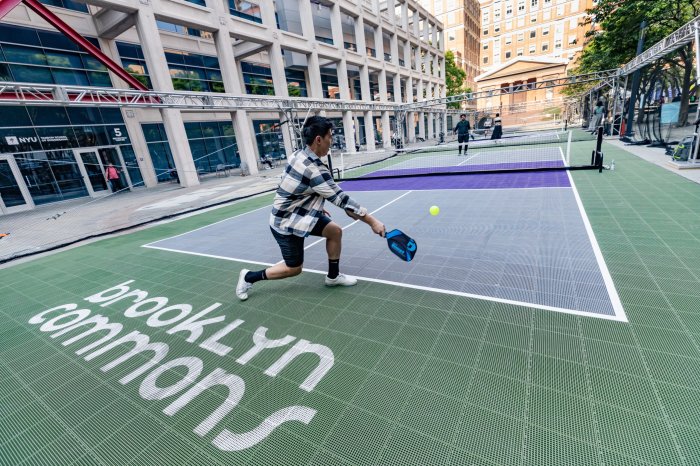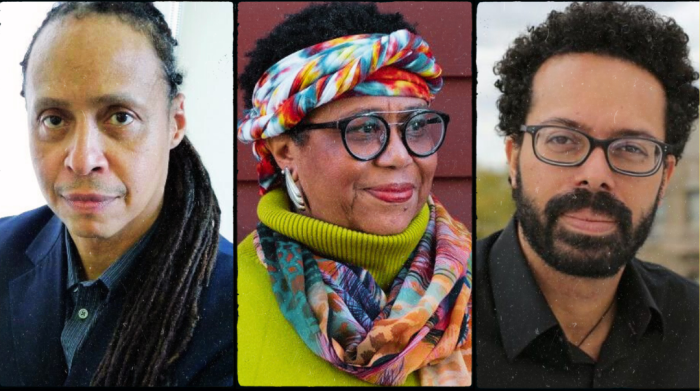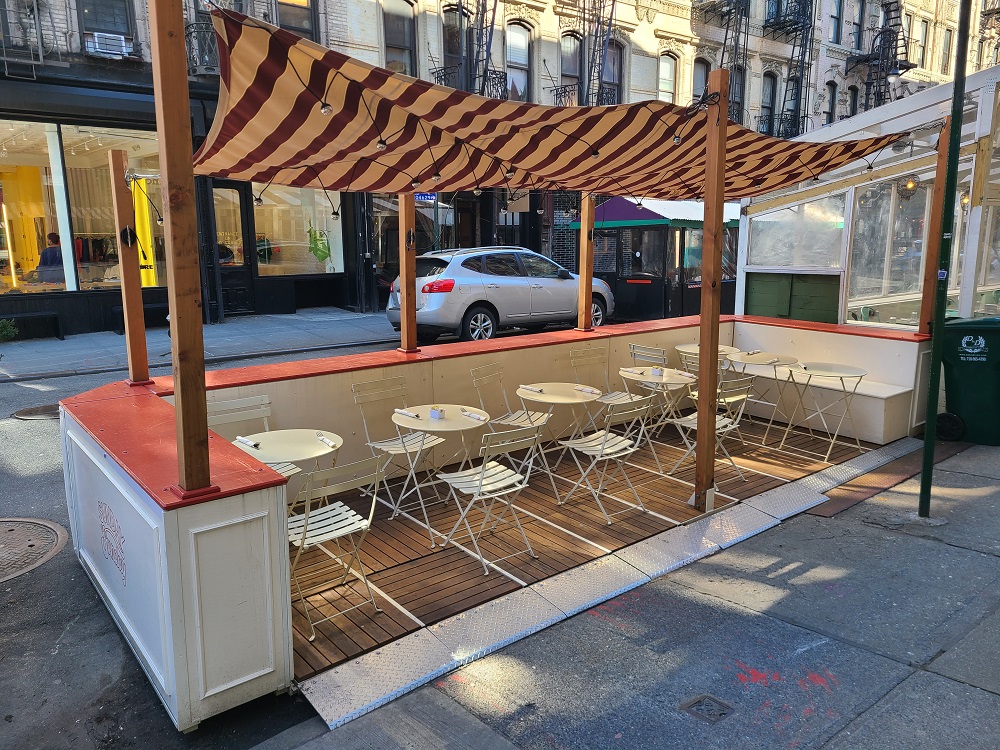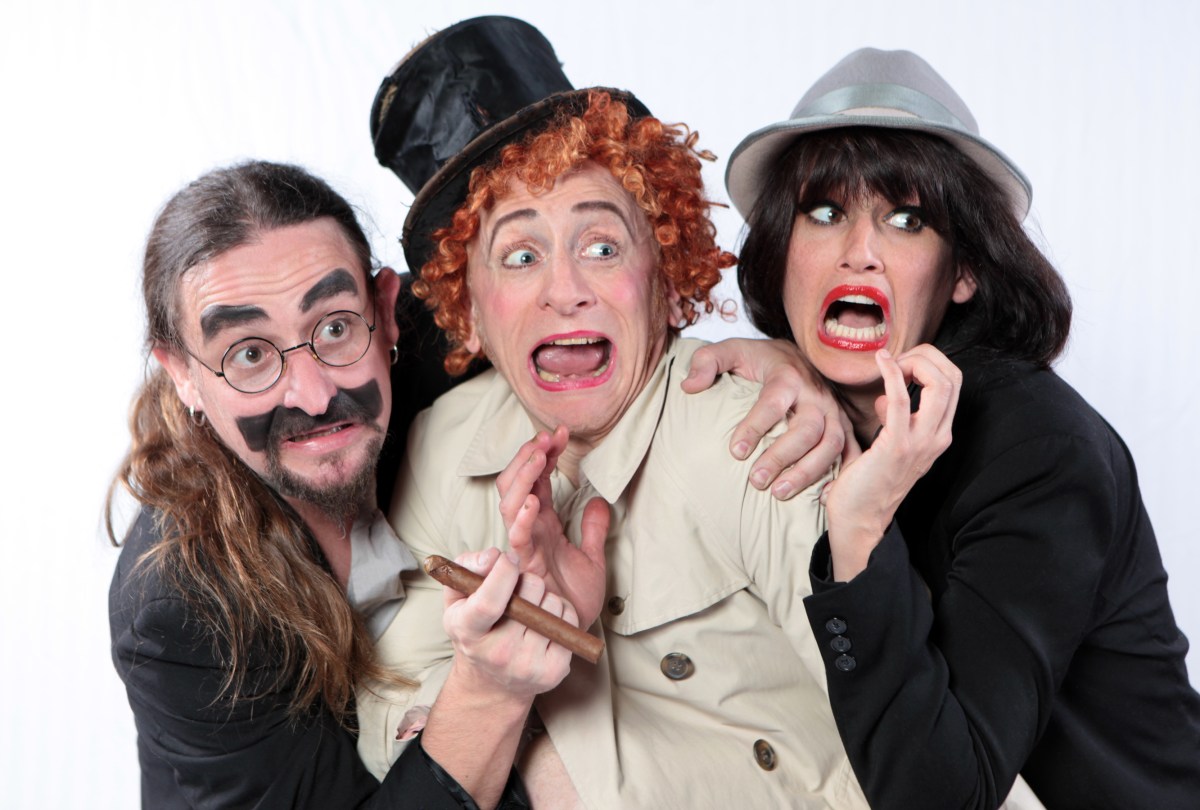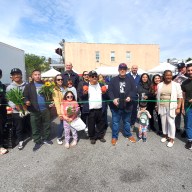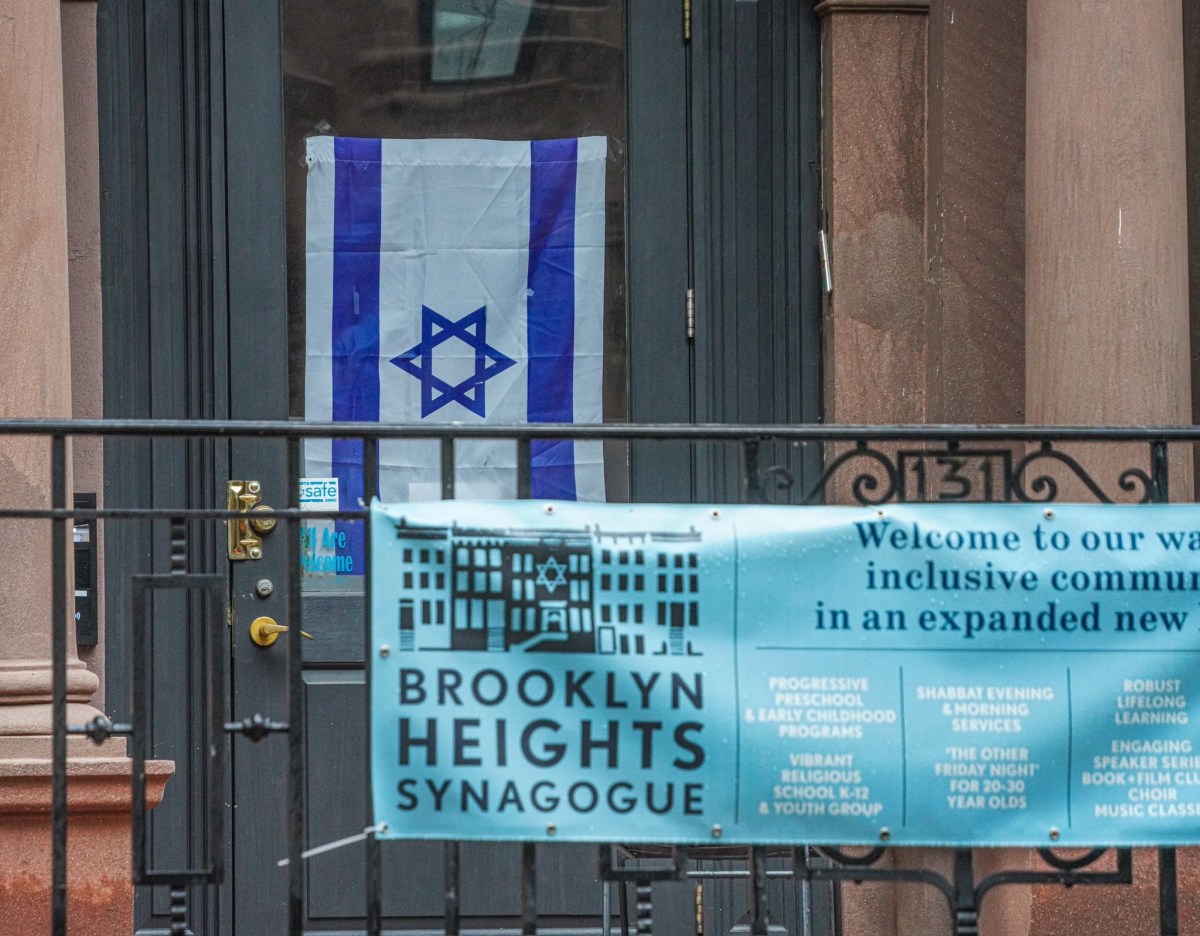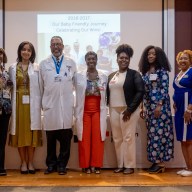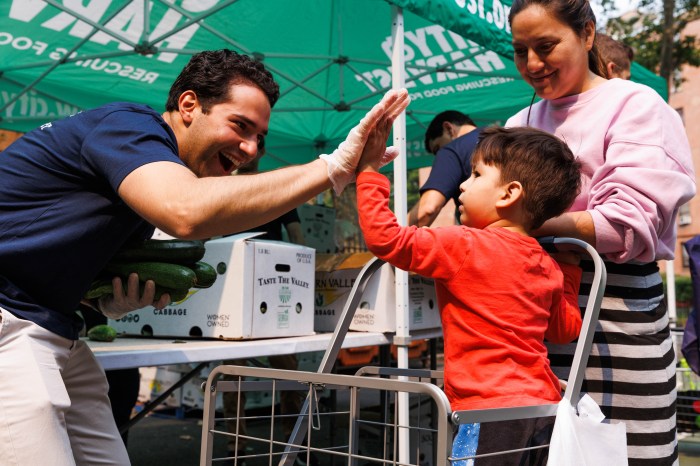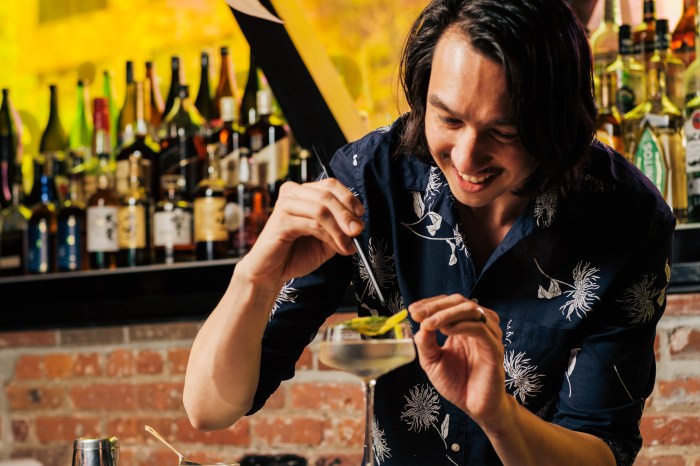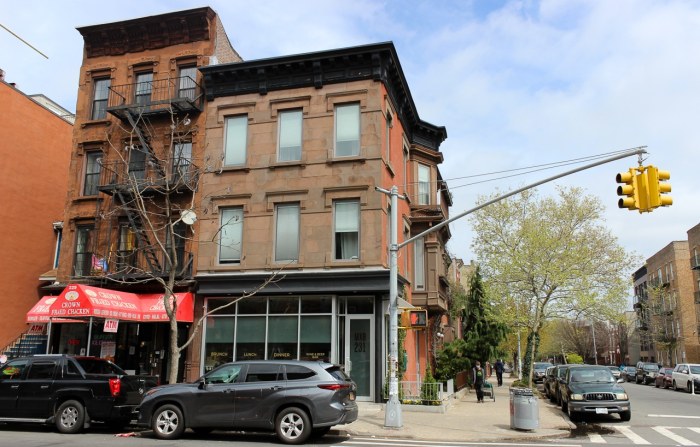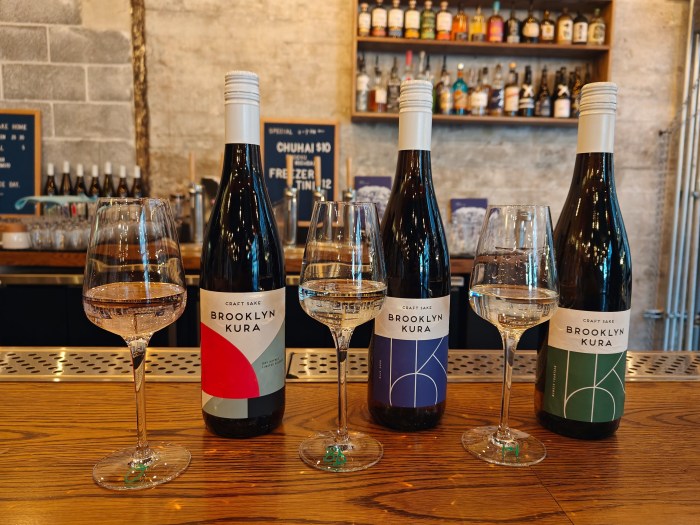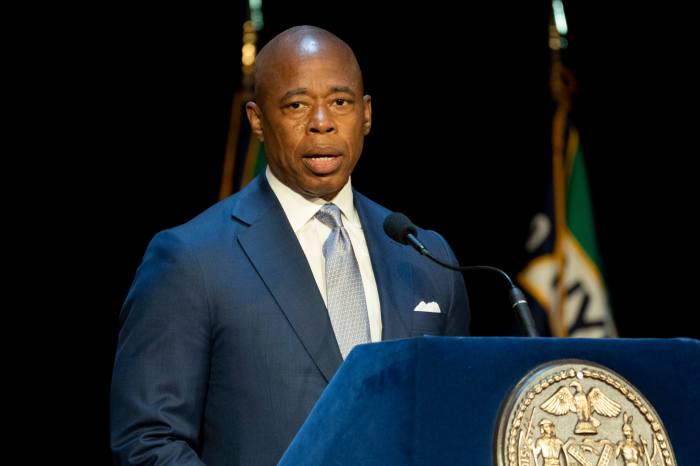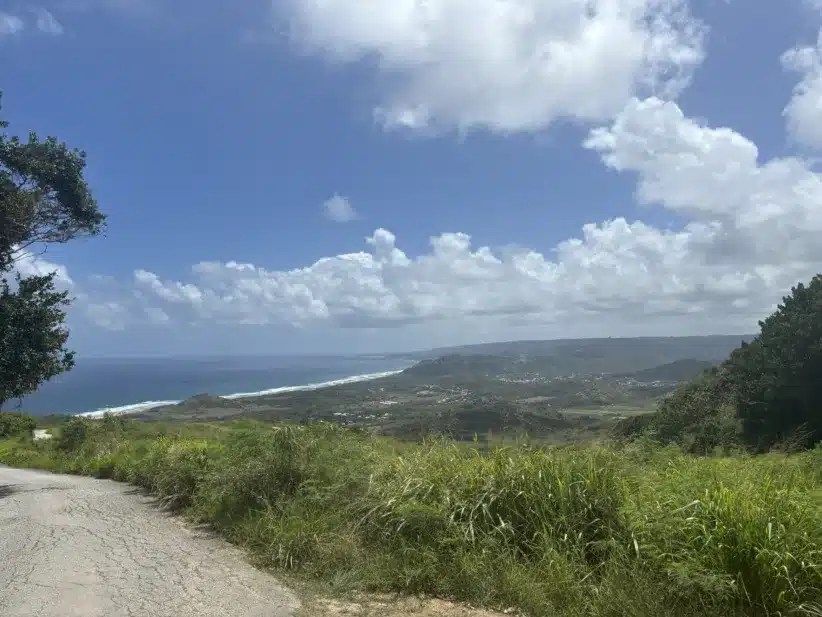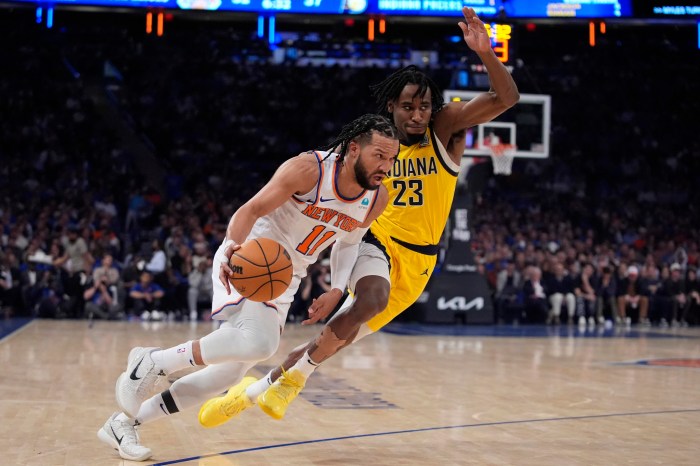For Carolina Capehart, slow cooking isn’t about basting a chicken in fat and leaving it in the Crockpot all day — it’s about plucking that bird, churning that butter, and roasting the whole thing herself over an open fire.
At the Wyckoff Farmhouse Museum in East Flatbush this summer, Capehart will teach visitors to cook early 19th-century style, along with offering a new perspective on what’s on their plate.
“I want to give people a sense of history, where we come from food-wise,” she told GO Brooklyn.
Capehart, who is hosting her second year of free “Fireside Feasts” at the museum, has delved into the manuscript cookbooks of Catharine M. Rapelye-Wyckoff, who lived in the Wyckoff Farmhouse in the mid-1800s, to find recipes for this summer’s cooking classes. Among the 19th-century delicacies to be covered are “Dodgers ’n’ Johnny Cakes” (two types of corn bread, but the “dodgers,” made with milk and eggs, “have more in ’em,” explained Capehart) — and boiled puddings.
Clothed in a 19th-century dress, apron and bonnet, this Park Sloper works over an open fire in the farmhouse’s backyard. Capehart invites audience participation, showing kids how to churn butter or their parents how to grind peppercorns with mortar and pestle, but she also wants her guests to understand what that food meant to the people who used to cook that way.
At that time, Brooklyn was an expanse of rural farmlands, separated functionally and culturally from urban Manhattan just across the river. In the 1830s, said Capehart, “the vibe was different between the farm communities of Brooklyn and the urban area of New York. They didn’t often mingle.” In Kings County, “food was a driving force for people.” Women began cooking the family’s midday meal as soon as they got up in the morning, a far cry from today’s five-minute microwave dinners, but “you had no other way to get any food.”
But as Brooklyn acquired the grocers and markets of Manhattan during the Industrial Revolution, cooking became easier and less involved. Today, Capehart said, we don’t even think about what we’re eating or where it came from.
“Food comes from somewhere,” Capehart said. “You have to have farms somewhere; there have to be cattle and chickens in order for you to go to McDonald’s and have your hamburger.”
Historical accuracy
Capehart is from Indianapolis, so she didn’t exactly grow up next to a silo, although she used to visit her grandfather’s farm as a child. She got her first taste of 1836 life working as an actor at a living history museum in Indiana.
Capehart moved to New York to pursue her acting career, but when that went the way of the washboard, she applied for a job at Lefferts Historic House in Prospect Park, whose time period coincided almost exactly with her past experience.
She began historical cooking demonstrations at Lefferts, but soon became frustrated with the museum’s disregard for the historical accuracy of their equipment.
“I don’t like using things that aren’t correct for the time period. If you’re trying to churn butter in an 1860s butter-churn, it’s not going to be the same. I didn’t appreciate that,” she said.
Last year, Capehart began teaching cooking at the Wyckoff Farmhouse Museum, where she has almost complete control over her recipes, equipment and ingredients.
In the past few years, Capehart’s work has become “a passion” for her. When she isn’t experimenting with new recipes over her stove at home, she’s reading books about 19th-century food, sharing tips with the “network of hearthside cooks” that she’s discovered in New York, or traveling to other museums to take more 1800s cooking classes.
“My class is only two hours. Other hearth cooking classes are from 10 [am] to 4 [pm]. I’d like to do that some day,” she said, a little wistfully.
Easy living
But even though her work absorbs her, Capehart doesn’t bring her skills to her own dining room table.
At home, “my microwave and my toaster oven are my two best friends,” she said.
And although she supports the idea of the slow food movement, Capehart rarely goes to the farmers market herself.
“I’m not a huge vegetable eater,” admitted the host of the Aug. 7 “Garden Goodies” demonstration. Mostly, she’s just enchanted by food in the 1800s, by “how things are different and how they are the same.”
“All of these little things they took for granted, like using a birch twig whisk to make whipped cream, I find fascinating,” Capehart said.
When visitors come to her cooking classes, she wants them to have fun and to learn about Brooklyn — a very long time ago. And at the end of the class, she wants them to get a taste of those vintage victuals.
“There’s a unique flavor to food cooked over an open fire, that’s different from everything else,” Capehart said. “There’s nothing like it.”
Carolina Capehart hosts “Fireside Feasts: Dodgers ‘n’ Johnny Cakes” on July 10 at 5 pm at the Wyckoff Farmhouse Museum (5816 Clarendon Rd. at Ralph Avenue in East Flatbush). Free. The “Feasts” continue with “A Pudding or Two” on July 31; “Garden Goodies” on Aug. 7; and “Gone Fishin’” on Aug. 21. For information, call (718) 629-5400 or visit www.wyckoffassociation.org.


